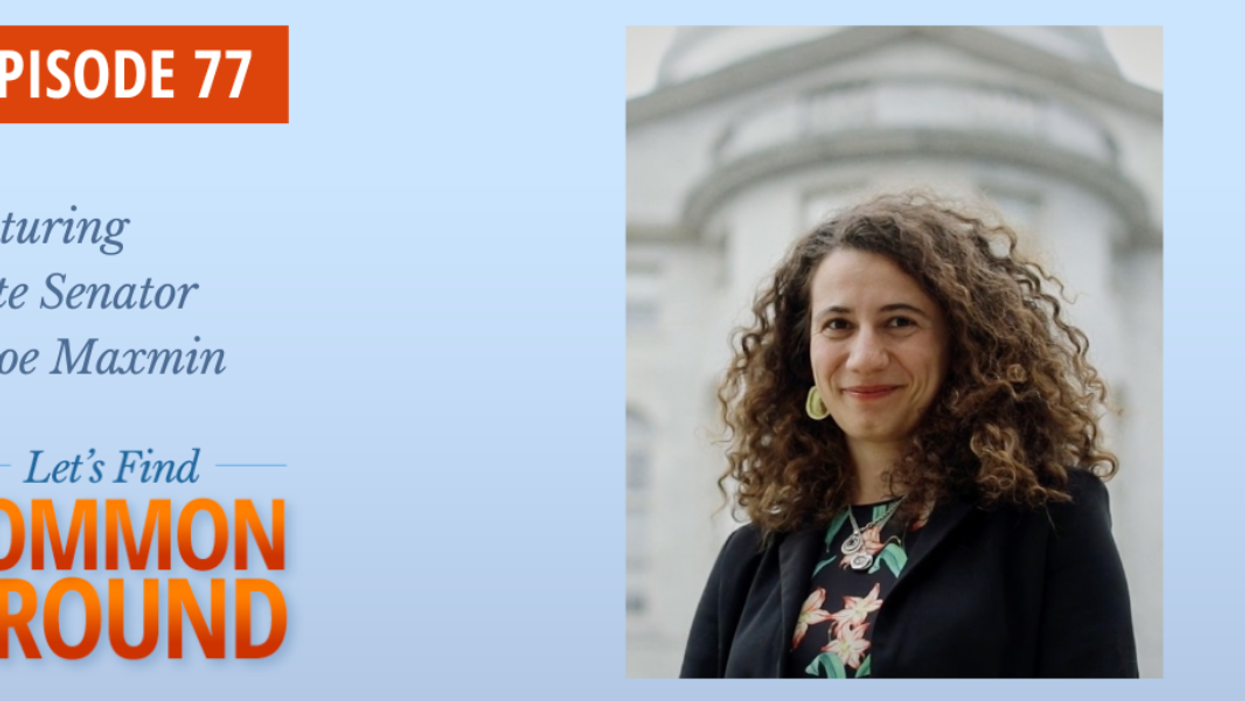Why do the two main political parties do so poorly with some large groups of voters? This episode explores how in recent decades Democrats have been losing rural America by growing margins. In 1996, Bill Clinton carried nearly half of all rural counties. But in 2020 Joe Biden won majorities in fewer than 7% of these counties.
This episode's guest is Chloe Maxmin, a progressive Democrat from rural Maine, who was the youngest woman ever to serve in Maine’s Senate. She was elected in a conservative district in 2020 after unseating a two-term Republican incumbent in a region that twice voted for Donald Trump by large majorities.
She argues that her party has ignored voters in rural America, and that their road to victory begins with respect, empathy, seeking common ground, and listening carefully to rural voters’ concerns. When on the doorstep, Maxmin argues, candidates and volunteers should “take the time to listen to why somebody believes the things they do and why they think the way they do.”




















Marco Rubio is the only adult left in the room